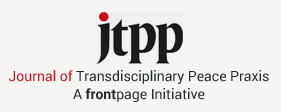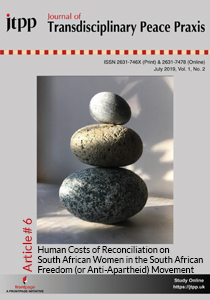Description
Human Costs of Reconciliation on South African Women in the South African Freedom (or Anti-Apartheid) Movement
Narissa Ramdhani (Director of Resource Mobilisation at the Vaal University of Technology, South Africa and Director, Ifa Lethu Foundation of South Africa)
In the backdrop of atrocities of Apartheid and the gross violation of Human Rights in South Africa, this article primarily explores two interrelated themes: how women’s public and private lives are impacted by protracted social conflict and the ways in which reconciliation is initiated after prolonged conflict to restore a sense of trust and faith in public good.
South African women of colour were placed at the bottom of the ladder; they were discriminated against even within the anti-apartheid movement. President Nelson Mandela too lamented the dearth of research on the role of women. However, 100 women’s groups under the banner of the ‘Women’s National Coalition’ made their voices heard throughout the negotiations during the peace processes. Yet, in spite of President Mandela’s inclusive vision and the presence of strong and vocal women leaders, the task of reconciliation did not extend fully to heal the women’s wounds.
The structures of gender, along with class and racism, embedded within communities and at the national level, weakened the efforts towards inclusion of women’s experiences in the histories and testimonies of suffering. As a result, the task of reconciliation has remained partially unfulfilled.





